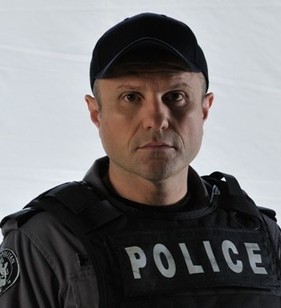

In this essay, Joseph Viscomi reads William Wordsworth’s “Lines left upon a Seat in a Yew-tree” and its revisions as part of an antipicturesque discourse critical of William Gilpin’s and Edmund Burke’s theories of nature. Compare Search ( Please select at least 2 keywords ) Most Searched Keywords. Michael a pastoral poem william wordsworth. Michael a pastoral poem summary articles. Michael Brown Pens impressive Novel of an Untold Romance among William Wordsworth and the Lucy of his poems. This will seem a heretical claim to many environmentalists, since the idea of wilderness has for decades been …ĭownload e-book for kindle: William & Lucy by Michael Brown.

In William Cronon, ed., Uncommon Ground: Rethinking the Human Place in Nature, New York: W. The Trouble with Wilderness or, Getting Back to the Wrong Nature by William Cronon. Discuss similarities and differences between these poems and give a personal response The two Wordsworth sonnets I have chosen are ‘It is a beauteous evening.’ and ‘The world is too much with us.’. Write a detailed analysis of ‘Michael’ and two of Wordsworth’s sonnets.

PageĮxtracts from this document… Introduction. Naturally.Michael: A Pastoral Poem by William Wordsworth.If from the public way you turn your steps Up the tumultuous brook of Greenhead Ghyll You will suppose that with an upright path Your feet must. My third novel, The Journey Home, has just come out. We're all different people sometimes, right? I just decided to give my alter ego another name. I'm writing these novels “undercover” because they're not entirely compatible with the nonfiction books I write and I didn't want to confuse readers. It's because Michael Baron is a pseudonym. This isn't because I'm involved in the Witness Protection program or because I have an innate fear of cameras. You might have noticed that I haven't published a photo of myself. I’m a pop culture junkie with an especially strong interest in music, I love fine food (and any restaurant shaped like a hot dog), and I read far too many sports blogs for my own good. Aside from my family, I have a few other burning passions. One of the primary reasons I wrote my first novel, When You Went Away was that I wanted to write about being a father. My wife is the inspiration for all of my love stories and my children enthrall me, challenge me, and keep me moving. My wife and kids are the center of my life. These novels have given me a way to voice the millions of things running through my head. I have a deep passion for writing about relationships – family relationships, working relationships, friendships, and, of course, romantic relationships – and I can only truly explore this by writing fiction. Mind you, it was the kind of love story that a thirteen-year-old boy would write, but it was a love story nonetheless. In fact, the very first book-length thing I ever wrote, when I was thirteen, was a love story. I’ve always had a particular affection for love stories. Though I started with nonfiction, I have always loved fiction and I have always wanted to write it. Hence, I became a writer, where I believe people appreciate a certain level of dynamism. One school administrator told me that, “there are more important things than being a dynamic teacher.” Since I couldn’t name any of those things (at least in the context of school), I figured I didn’t have a long-term future in the profession. I have gotten several additional book contracts since then, which is fortunate because I didn’t have the patience to work in retail and, while I quite enjoyed teaching, my approach was a bit too unconventional for most school systems. I worked in retail and taught high school English before I got my first book contract. I grew up in the New York area and I’ve lived there my entire life.


 0 kommentar(er)
0 kommentar(er)
